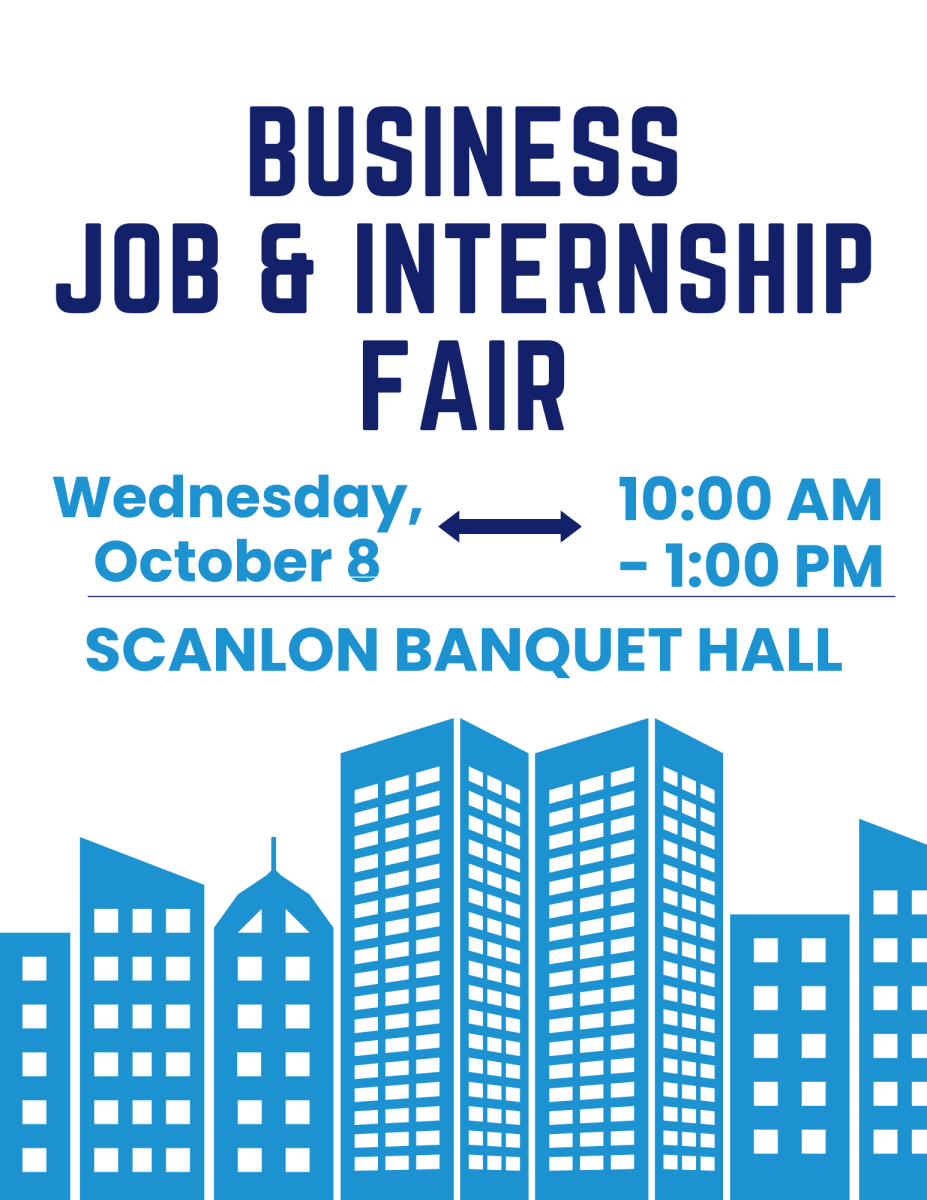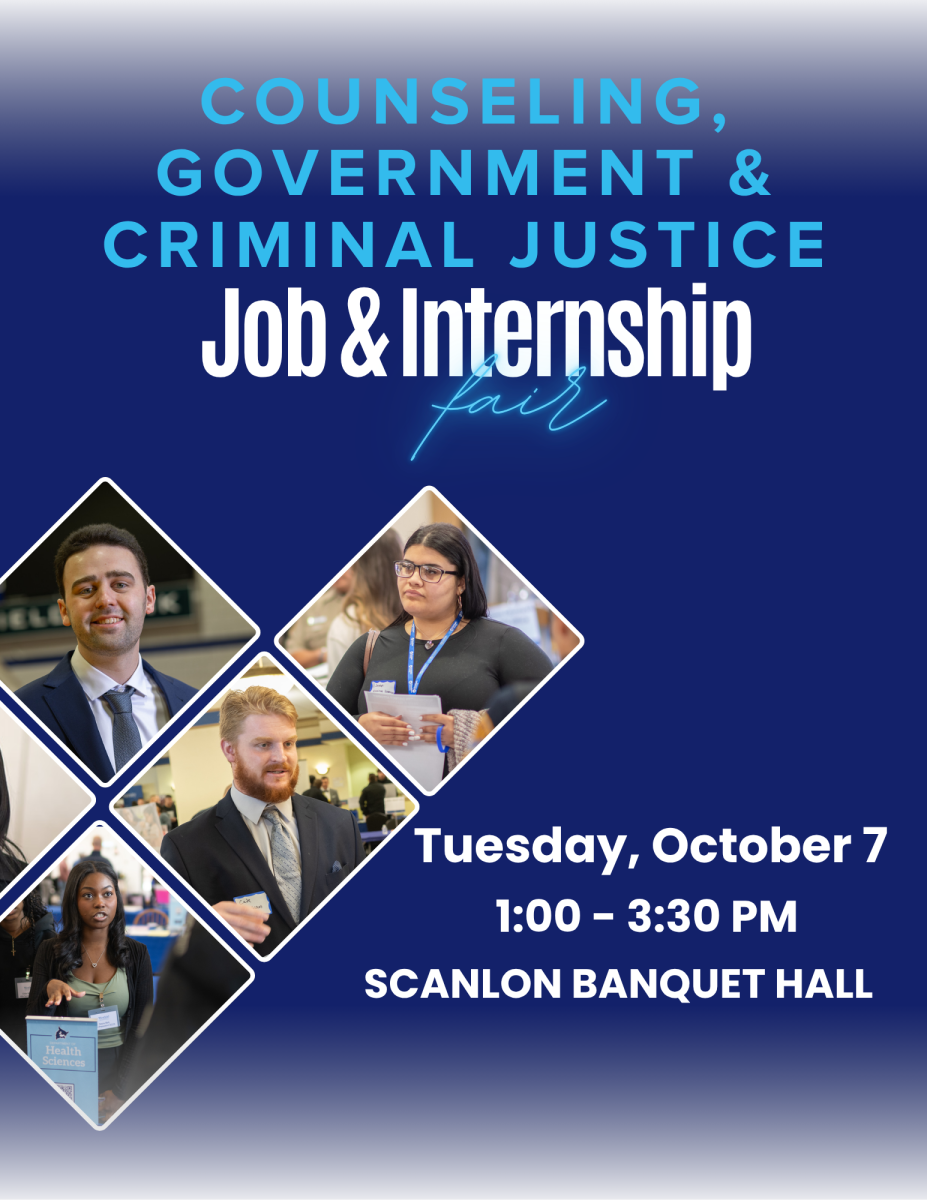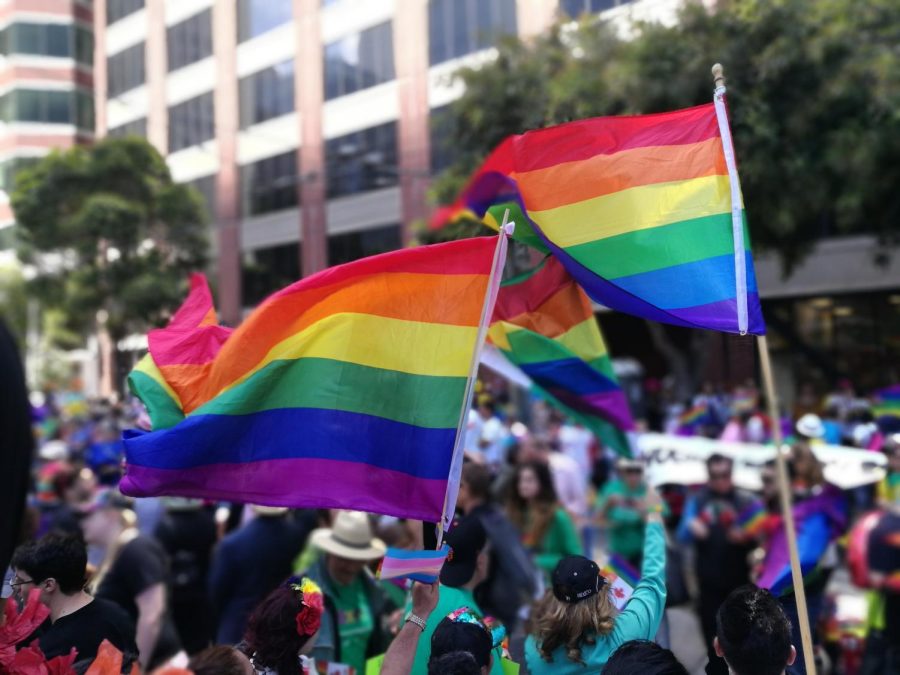The Land of Opportunity: A fallacy shown by glaring issues in LGBTQIA employment
April 13, 2023
WESTFIELD-Companies and organizations nationwide raise their pride flags to show support outside their offices, yet, surveys and data reveal a darker story.
For hundreds of American companies, it remains a contested war zone for equal pay and opportunities for LGBTQ people. With inflation on the rise, people within the LGBTQ community and workers who are transgender, male and female, get hit the hardest. Overall, LGBTQ+ women and LGBTQ+ men experienced microaggressions higher than 70 percent of the time working. Even though LGBTQ+ men having experienced sexual harassment
30 percent of the time working, the percentage of sexual harassment overall for LGBTQ+ women jumped to 58 percent reported by Mckinsey & Company in 2020.
Hannah LeBlanc, a first-year student at Westfield State, had a corresponding view where people within her circle struggle with employment because of their diverse identities. However, she would also disclose that these were friends living in Massachusetts.
“As a nation, we market ourselves as the Land of Absolute where opportunity exists for everybody. However, if you step out of line (societal norms, gender roles, etc.), you, unfortunately, pay the consequences of being yourself,” said LeBlanc.
Sean Jacobson, a first-year student at Westfield State University, posed a different viewpoint in describing the Land of Opportunity. He would go as far as to state the potential in the Land of Opportunity.
“If you were to exclude the biases, such as racism, sexism, and transphobia in the nation, the United States would be the best country for getting an opportunity in the world. However, with all biases against groups of minorities, I feel America has lost its way in being the Land of
Opportunity,” Jacobson said.
A LGBTQ+ Community Survey conducted in 2021 by the Human Rights Campaign Foundation showed salary differences between a typical employee and an LGBTQ employee. The difference from the typical worker for men in the LGBTQ+ community was ninety-six percent. In comparison, women in the LGBTQ+ community encountered an eighty-seven percent difference. Furthermore, regarding the differences between a typical worker and an NBG2S (non-binary, genderqueer, gender fluid, or two-spirit) and transgender male and female worker, a significant disparity reveals itself. With transgender men workers, the difference is seventy percent; for NBG2S and transgender female workers, the percentages match at sixty percent.
Christopher Fish, a Junior at Westfield State University who identifies with the Queer community, had a different perspective on his opportunities in seeking employment. In his experience of job searching, he attributed his ease of job searching to his status in his racial and gender identity.
“Although I have not been looking for employment while in school in the past, I have not had difficulty finding work in food service and retail. I do contribute the ease I experience to being a white cisgender male who passes as straight,” said Fish.
Junior Delgado, Director of the Career Center at Westfield State University, remains firm that the state of Massachusetts continues to be a stronghold for LGBTQIA rights and anti-discrimination laws.
“All employers should be non-discriminatory based on federal guidelines that protect workers’ rights. In my twenty-two years of experience, I’ve never received negative feedback or information that has been shared that an employer discriminated against an individual based on
race, gender, identity, sexual orientation, etc,” Delgado said.
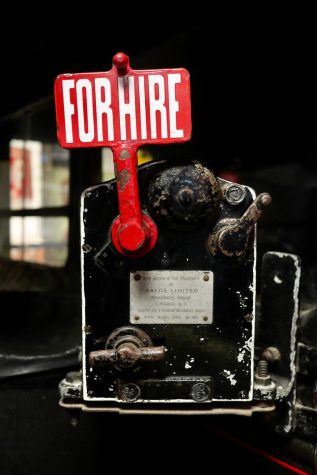
Although LeBlanc did not entirely know the situation of the issues surrounding LGBTQIA employment, she knew that something was wrong regarding LGBTQIA work opportunities, even in the state of Massachusetts.
“It is difficult to pinpoint the exact issue of the struggle due to the sophistication and complexity of the situation. But, no matter how you cut down the tree, many roots maintain and support the structure of prolonging the issues against LGBTQIA rights,” LeBlanc said.
Jacobson had a similar perspective where he did not know the extent of the struggle for LGBTQIA rights in the workplace. However, he knew it was becoming increasingly difficult for LGBTQIA to get into an occupation.
“Although I may not know the bills and laws currently on the board to limit and restrict LGBTQIA rights in employment, the problems of LGBTQIA discrimination in the workplace remain widespread throughout the country,” Jacobson said.
In Delgado’s referenced article, “LGBT workers of color are among the most disadvantaged in the U.S. Workforce,” the Movement Advancement Project (MAP) discovered high levels of discrimination from lack of workplace protections, unequal job benefits and taxation, and unsafe under-resourced U.S. schools. As a result, many LGBTQIA people of color must accept the “Broken Bargain” to survive in the United States.
“In research, many articles state that individuals from the LGBTQIA community of color experience the most significant disparities,” said Delgado.
Not only do microaggressions and harassment have a significant impact on LGBTQ individuals in the workplace, but the opportunity to climb to higher positions in companies and organizations is hindered. As shown in the data and statistics, there is an over a majority of heterosexual and cisgender people in high executive positions and leadership roles, suggesting that the culture remains heteronormative. As researched by Mckinsey & Company, regarding the position of Vice President, Senior vice president & C-suite, less than one percent of LGBTQ+ women occupy that sector in the United States. In contrast, the percentage of LGBTQ+ men that occupy Vice President, Senior vice president & C-suite only jumps to three percent.
“The United States does continue to be a land of opportunity, but that opportunity has never given everyone equal opportunity. I could go on and on about the system of slavery, “Jim Crow,” mass incarceration, the War on Drugs, the genocide and continuous displacement of indigenous peoples, and last but not least, the misogyny perpetuated through a white patriarchal system of oppression,” said Fish.
Like Fish, Jacobson successfully obtained a job at Alice Corson Pool and Memorial Pool in West Springfield working as a public pool assistant with no hiccups along the way. Yet, in his perspective, the significance of his race and sexual orientation strongly influenced his opportunity to obtain a job.
“In finding a job, the characteristics of being straight and white added to my chances of getting the job. Yet, no matter how qualified someone is that differs from white skin color and heterosexual orientation; unfortunately, a white straight individual will likely take the position over someone that is not in the norm,” Jacobson said.
Over the summer, Jacobson plans on working hard to become a pool manager at his workplace. However, he believes that securing the position will not be challenging since he considers himself safe from discrimination. Not only does the hardship of employment severely impact LGBTQIA folks, but LeBlanc, who does not identify with the LGBTQIA community, believes that seeking employment is a difficult challenge. Over the summer break, she plans to be a student painter for Westfield State while figuring out her path toward her future job.
“After I finish school, I plan on becoming a Freelance Graphic Artist. However, the competition and professionalism required to get into the field can be hectic sometimes,” said LeBlanc.
In an attempt to alleviate the forever struggle in seeking employment as an LGBTQIA or non-LGBTQIA job seeker, Delgado was happy to provide tips for job seekers.
“It is always a good idea to have conversations with many in our support system, such as career advisors, faculty/staff members, and personal connections. Job seekers should always make connections through networking, career fairs, and direct outreach to targeted organizations,” said Delgado.
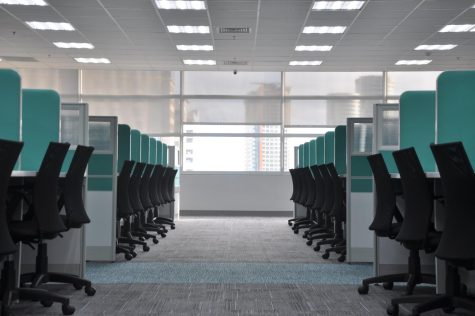
If you are interested in learning more about struggles in the LGBTQ community, the Westfield State Queer Straight Alliance (QSA) offers an inside perspective of issues within the LGBTQ community. You can contact Levi Ekstrom at [email protected] to request further details about QSA.
In addition, if you are struggling with seeking employment and are a Westfield State student or alum, you can contact the career center at 413-572-5206. They can assist you in seeking employment ranging from interview preparations to resume tweaking.
